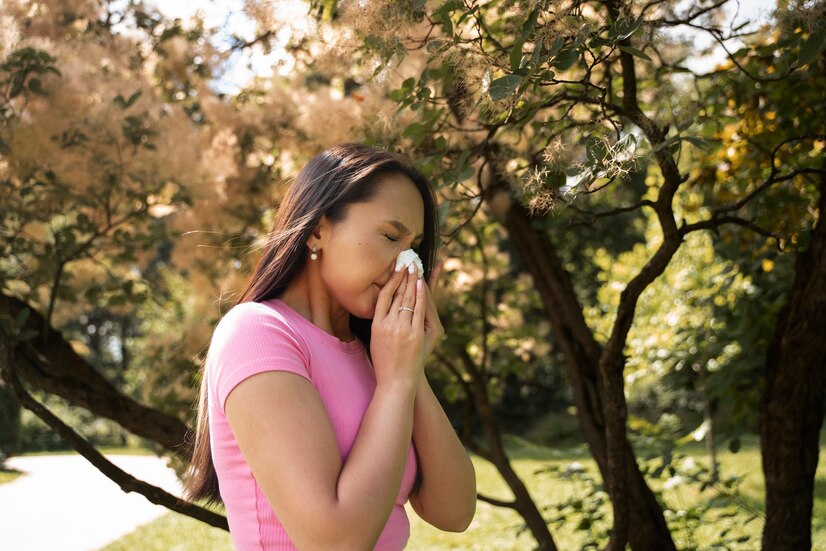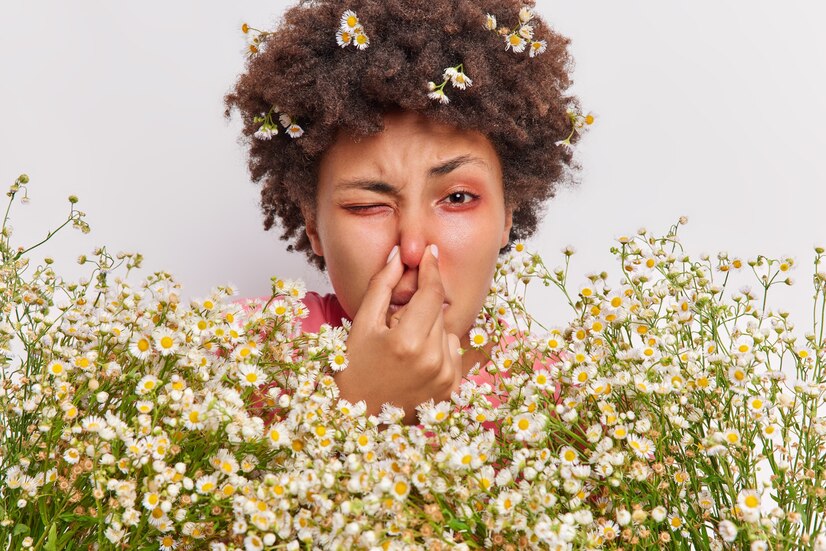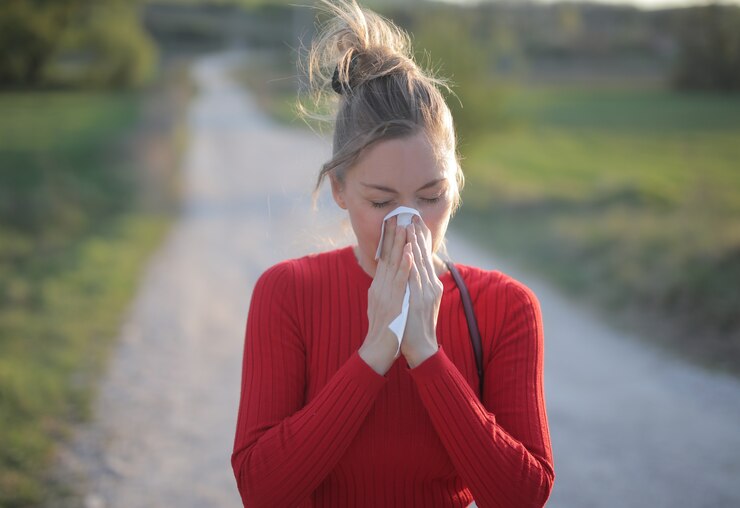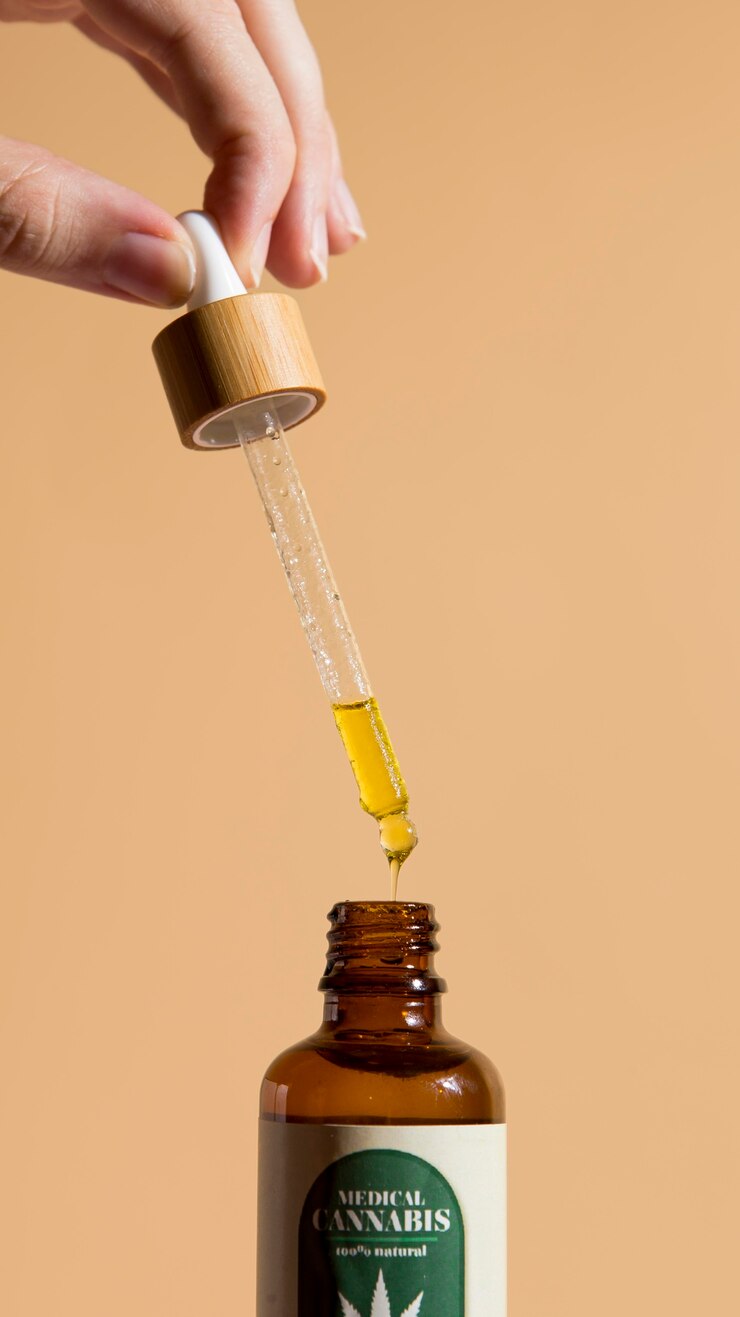Finding Natural Relief for Allergies with CBD
Table of Contents
If you suffer from seasonal or chronic allergies, you know how uncomfortable and frustrating they can be. From sneezing fits to itchy eyes and sinus congestion, allergies can seriously affect your quality of life. While over-the-counter medications can help, they often come with side effects like drowsiness or dependency. That’s why more people are turning to natural alternatives—particularly cbd roll on for pain—to find relief for allergies.
CBD, or cannabidiol, is a non-psychoactive compound found in hemp and cannabis plants. While it’s commonly used for pain, anxiety, and sleep, recent research and anecdotal evidence suggest that CBD may also help alleviate allergy symptoms by supporting the immune system and reducing inflammation.
In this blog post, I’ll dive into how CBD works in relation to allergies, the best forms of CBD to try, and what to look for when choosing a product. Whether you’re dealing with seasonal pollen or year-round pet dander, this guide could help you discover a more holistic path to comfort.
What Are Allergies, and Why Do They Happen?

Allergies occur when your immune system overreacts to a substance (like pollen, dust, mold, or pet dander) that is normally harmless. This overreaction triggers the release of histamines, which lead to inflammation, swelling, and symptoms like:
- Sneezing
- Runny or stuffy nose
- Watery, itchy eyes
- Skin rashes
- Coughing or wheezing
Over time, this constant immune response can wear you down, impacting your energy levels, focus, and general well-being.
How CBD May Help Provide Relief for Allergies

CBD interacts with the body’s endocannabinoid system (ECS), which plays a role in regulating immune responses, inflammation, and even allergic reactions. Here’s how CBD may help:
1. Anti-inflammatory Properties
CBD has shown potential in reducing inflammation, which can help minimize swelling in the nasal passages and ease sinus pressure.
2. Immune System Modulation
CBD doesn’t suppress your immune system; instead, it helps balance it. This modulation may reduce the severity of allergic reactions by calming hyperactive immune responses.
3. Antihistamine-like Effects
Although not a true antihistamine, CBD may indirectly reduce histamine production through its effects on mast cells, helping relieve symptoms like itching and sneezing.
4. Bronchodilation
Some research indicates CBD may help relax the muscles in the airway, potentially making breathing easier during allergic flare-ups.
5. Skin Soothing
Topical CBD creams may provide relief for skin-related allergic symptoms like hives or eczema through anti-inflammatory and moisturizing effects.
Best Forms of CBD for Allergy Relief
Choosing the right form of CBD depends on your symptoms and preferences. Here are some effective options:
- CBD Oil/Tinctures: Fast-acting and easy to dose under the tongue.
- CBD Capsules: Good for daily use and long-term symptom management.
- CBD Gummies: A tasty way to get your daily CBD.
- CBD Nasal Spray: Specifically designed for sinus relief.
- CBD Topicals: Ideal for skin-related allergic symptoms.
When selecting a product, always look for:
- Third-party lab testing
- Organic ingredients
- Full-spectrum or broad-spectrum extract
- Clear dosage instructions
How to Use CBD Safely for Allergies
Start with a low dose and increase gradually while monitoring how your body reacts. It’s a good idea to consult with your healthcare provider—especially if you’re on other medications or have a chronic condition.
My Personal Experience
As someone who has dealt with hay fever and pet dander allergies most of my life, I started using CBD oil daily during allergy season. Within a few days, I noticed less congestion and fewer sneezing episodes. It didn’t cure my allergies, but it definitely took the edge off—without making me drowsy like antihistamines often do.
CBD has become a staple in my allergy management toolkit, offering me gentle but noticeable relief for allergies in a way that fits naturally into my lifestyle.
Frequently Asked Questions (FAQ)

1. Can CBD replace my allergy medication?
CBD may help reduce symptoms, but it’s not a substitute for emergency allergy medications like epinephrine or antihistamines unless advised by your doctor.
2. How long does it take for CBD to relieve allergy symptoms?
Some users feel relief within 15–45 minutes with tinctures, while edibles or capsules may take 1–2 hours.
3. Is there scientific evidence supporting CBD for allergies?
Emerging research suggests CBD’s role in inflammation and immune modulation may benefit allergy sufferers, though more clinical studies are needed.
4. Can I use CBD during peak allergy seasons only?
Yes, many users take CBD as needed during high pollen seasons or when symptoms flare up.
5. Are there any side effects of using CBD for allergies?
Most people tolerate CBD well, but possible side effects include dry mouth, drowsiness, and digestive upset, especially at higher doses.
Conclusion
If you’re looking for a natural way to find relief for allergies, CBD could be a game-changer. With its potential to reduce inflammation, balance the immune response, and soothe symptoms, CBD offers a gentle alternative to traditional allergy medications. Just be sure to choose high-quality products and start slowly to find what works best for you.
Breathe easy—relief might be just a few drops away.







